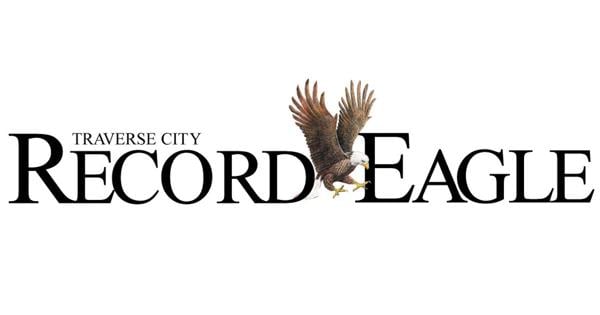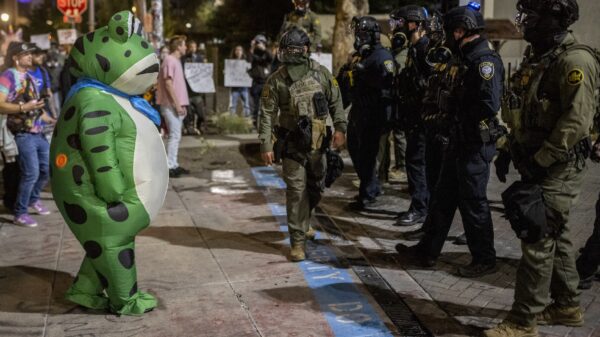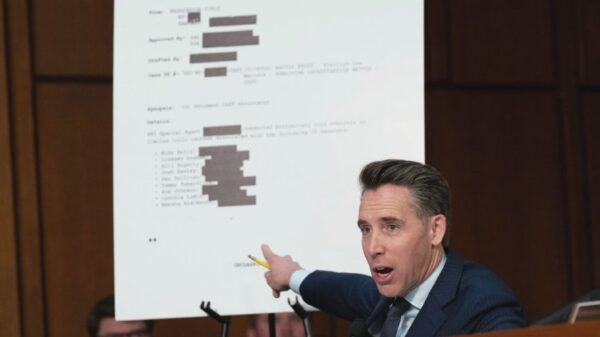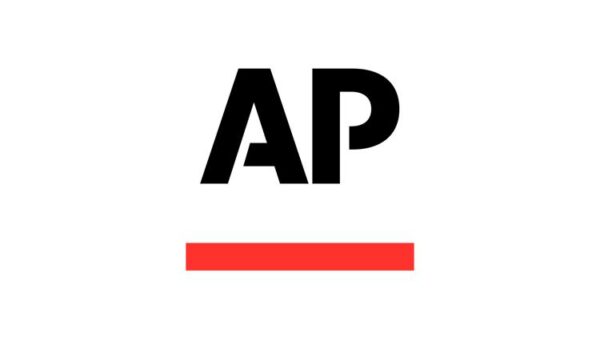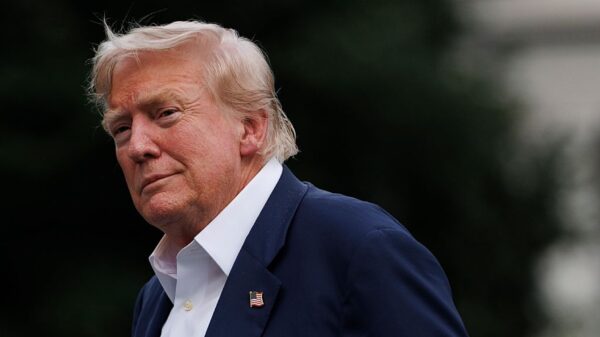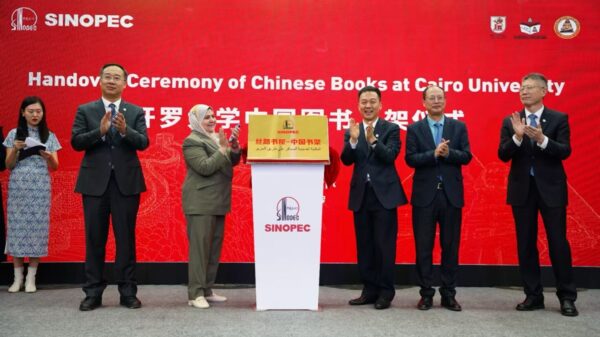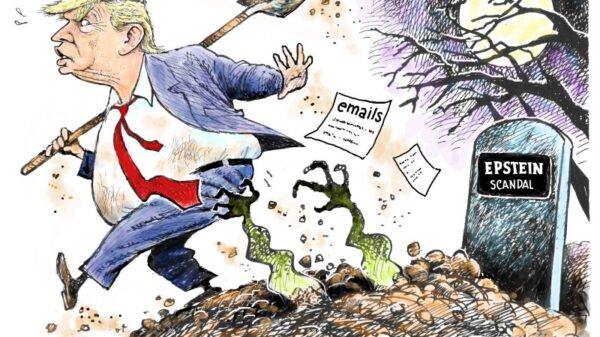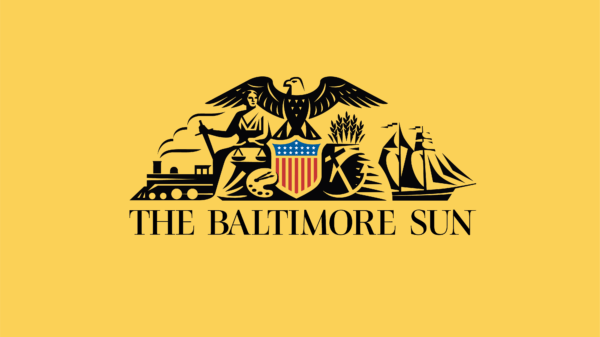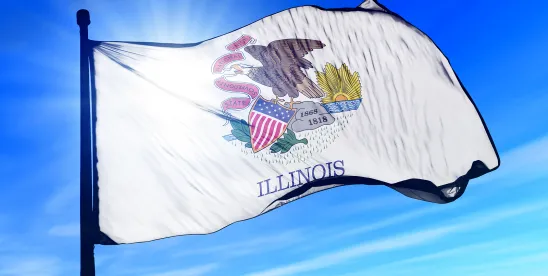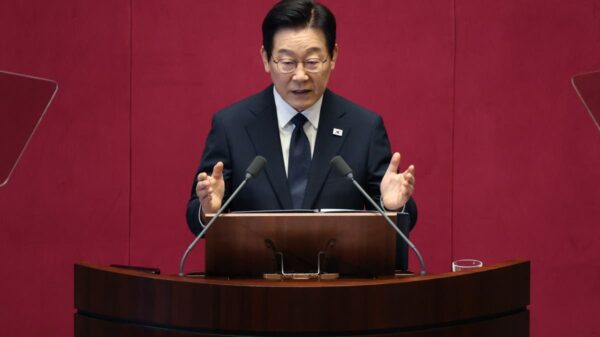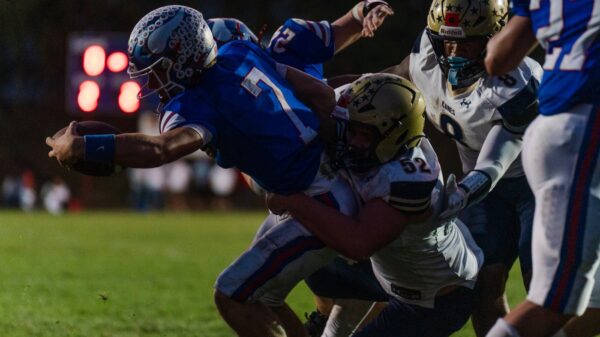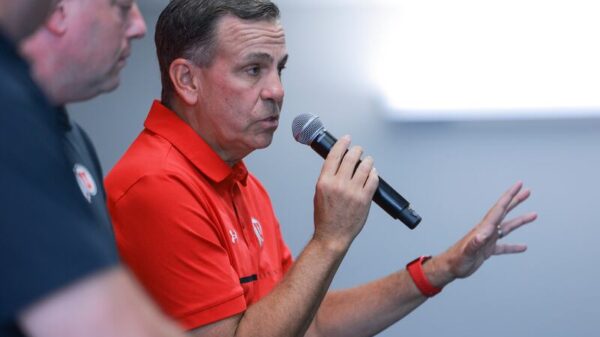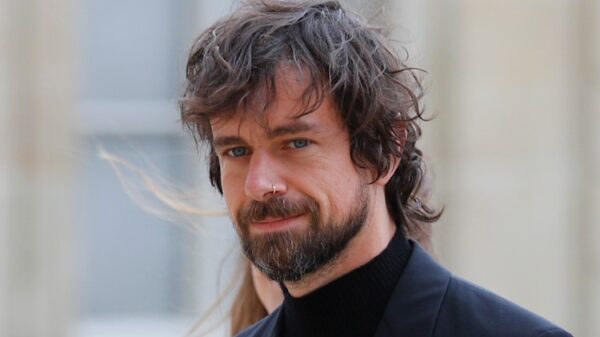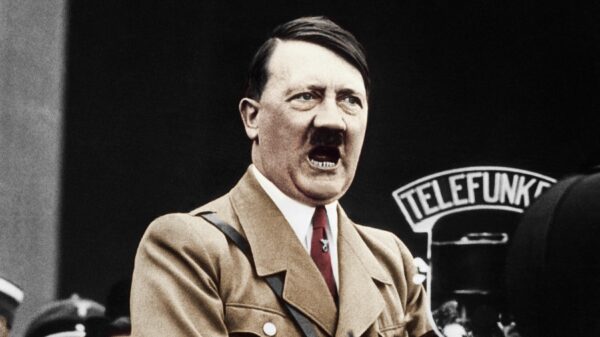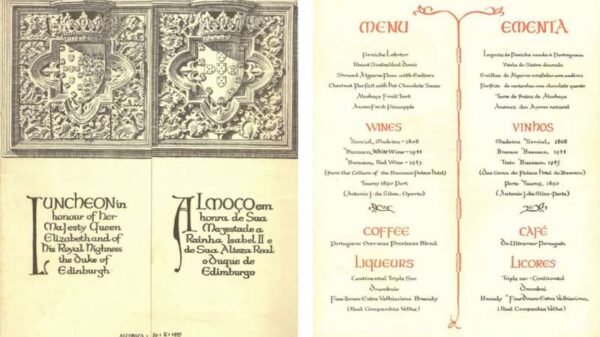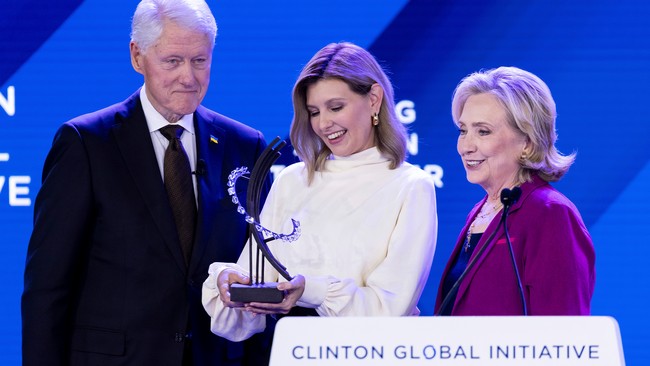Kash Patel, the former Deputy Director of the FBI, has declassified documents indicating significant political interference by the Justice Department during the investigation into the Clinton Foundation. This announcement, made on social media, suggests that both the FBI and the Justice Department hindered investigations into potential corruption within the foundation, particularly during the 2016 presidential election.
In his statement, Patel revealed that in 2016, FBI agents discovered evidence of a pay-to-play scheme involving the Clinton Foundation. According to Patel, senior officials at the Justice Department, including former Deputy Attorney General Sally Yates, ordered agents to “shut it down.” The documents detail a timeline of political obstruction faced by FBI agents in cities such as New York, Little Rock, Arkansas, and Washington, D.C. They illustrate how leadership at the DOJ, including Andrew McCabe, placed substantial roadblocks in front of agents who believed they had sufficient evidence to warrant further investigation.
Patel’s declassification of these documents follows the announcement by Attorney General Merrick Garland that a grand jury will investigate potential misconduct by Obama administration officials, including aspects surrounding the “Russiagate” allegations. Notably, the grand jury could also address issues related to the Clinton Foundation and the alleged cover-up by the DOJ.
The timeline, which was compiled by a DOJ lawyer assigned to the FBI, outlines various instances of obstruction, including directives issued to halt investigations without clear explanations. This raises questions about the integrity of the Justice Department’s actions during a critical election period.
Patel’s release of these documents has sparked renewed interest in the Clinton Foundation’s operations and the allegations of corruption that have long surrounded it. Critics argue that the foundation has functioned as a “pay-to-play” influence operation, a narrative that has persisted through various media outlets over the years. While many have called for accountability from those involved in the alleged cover-up, skepticism remains among the public, particularly regarding whether any substantive actions will be taken against high-profile figures.
As details continue to emerge from the declassified documents, there is a growing demand for transparency and accountability. The expectation is that the grand jury will not only investigate the actions of former officials but also consider the broader implications of the alleged cover-up related to the Clinton Foundation. The public’s appetite for justice in this matter remains strong, with many expressing frustration over the perceived lack of accountability for those in power.
In conclusion, the recent actions taken by Kash Patel and the subsequent declassification of documents present a pivotal moment in the ongoing discourse surrounding the Clinton Foundation. The revelations point to potential misconduct at the highest levels of government and underscore the necessity for continued scrutiny of political processes and their implications on democracy.







